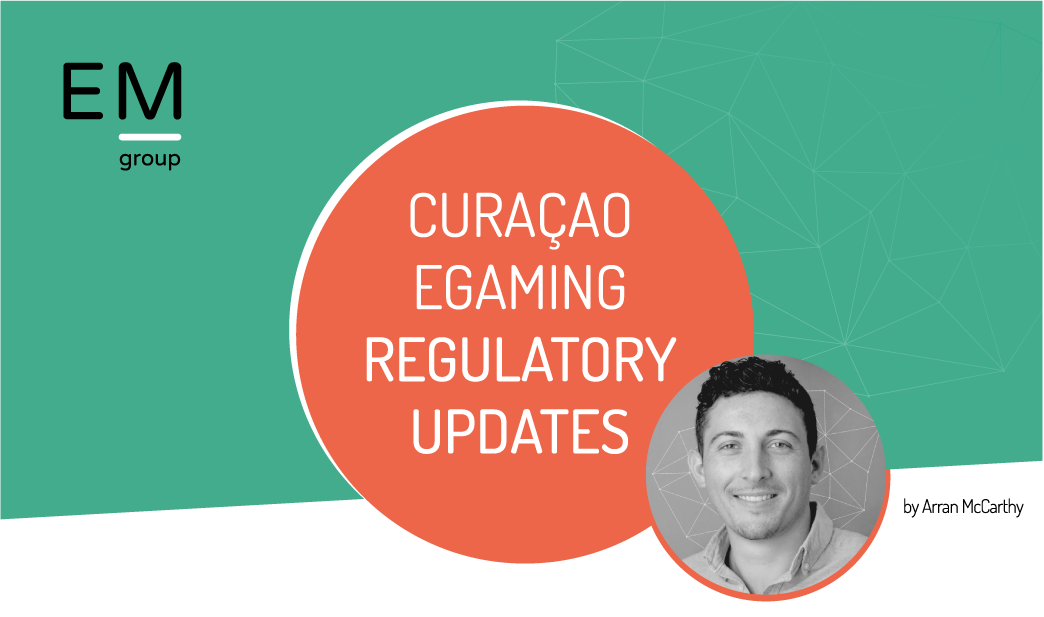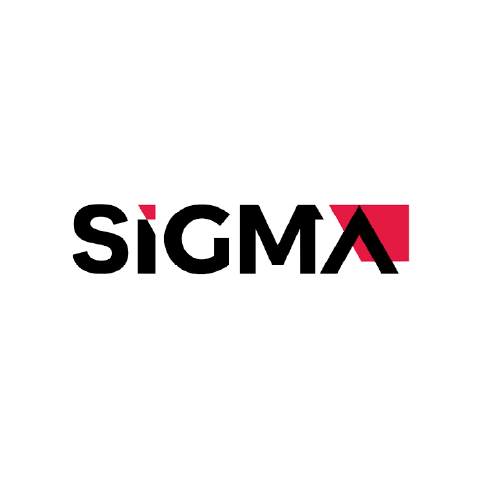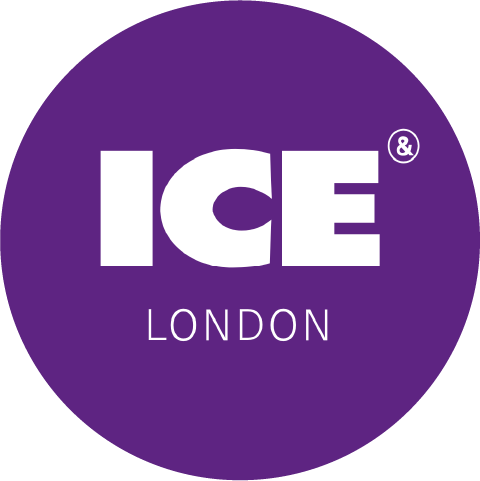Updates on the modernization of the Curaçao online gaming legislation.
After three years of preparation, it is foreseen that Curaçao will introduce innovative legislation for the regulation of games of chance by the second quarter of the year of 2023. This change will consist of a directly supervised government license categorized between B2C (operator) and B2B (supplier). Examples of B2B activities will be game providers, platform providers and payment services providers.
Recently, in a keynote speech at SiGMA Europe, the honorable Minister of Finance “Mr. Silvania, announced important updates to the expected draft legislation. More importantly, Mr. Silvania’s presence at the conference reassured Curaçao’s commitment to ensuring Curaçao as an important player in the online gaming industry.
Major Highlights
1. Tolerance on Cryptocurrency
Cryptocurrency is not (yet) regulated in Curaçao and is therefore not prohibited. However, the new legislation will include a clause to allow cryptocurrency exchange until Curaçao’s expected regulation on ‘crypto’ enters into force.
2. A local (governmental) financial institution
The government is very aware of the challenges for legal persons to satisfy local costs. In consideration thereto, the government is working on a local financial institution that will allow local transactions to take place without the involvement of a regular (local) bank. It is expected that this will be applicable to only the local costs of the gaming authority, tax authority, local persons, and local employment.
3. Tax Incentives
Sales Tax
Due to the current legislation sales tax (VAT) is- by definition- due with respect to transactions performed by legal persons within Curacao. There is debate whether in consideration to the online gaming sector, this is also applicable to B2B activities between companies in Curaçao. The government wants to end the debate and is working on an exemption for sales tax specific to B2B activities.
Investment Tax Incentive Regime
For companies looking to build real presence in Curacao, the Investment Tax Incentive regime can provide an exemption on most taxes for a period of up to ten years. This tax incentive will soon be available to the online gaming sector. To enjoy these benefits, the local establishment is required to (i) make an investment of three (3) million united states dollars and (ii) to provide permanent and full-time work to -at least- ten (10) local employees.
Expatriate Regime
For companies looking to attract highly qualified foreign personal, the expatriate regime can be applied at the local tax authorities resulting in a favorable wage tax treatment.
The honorable minister of finance stipulated during his presentation at SiGMA that the government is working closely with the immigration department to find more incentivizing ways to attract foreign workers in the online gaming sector.
4. License Fees
The fees are not yet finalized. However, the honourable minister of finance stipulated that the license fees are intended to be competitive and affordable for the operator and the supplier who is willing to operate under the new legislation. Fees can be adjusted for clients who meet the real economic presence requirements, whereby those with significant real economic presence can be eligible for reductions or even an exemption to their license fees.
5. Real economic presence requirements
Online gaming licenses will only be granted to legal persons that are legally and effectively established in Curacao. Within five years, after the law has entered into force, this legal person must have (i) a physical office and (ii) have permanent and full-time work to three (3) key persons. Initially, upon the law entering into force, at least one (1) key person must be on a permanent and full-time work basis. Occupations include director, managers, compliance- and/or operation offices. The office space must be an appropriate business place, which includes the usual facilities for the purpose of carrying out the business of an online gaming license. Legal persons considered as ‘start-ups’ can file for an exemption towards these requirements.
6. Transition period
It is of the government’s priority to safeguard the current business carried out by existing operators that can and are willing to comply with the new legislation. Therefore, the government has introduced a transition period of eighteen (18) months as per the date of the law entering force, on the basis that the operator applies for a government license within three (3) months after the law enters into force. Should an applicant of the government license be denied, all activities must be ceased immediately. However an objection (to a negative decision) can be lodged to the CGA or appeal to the court, which includes a timely process to the decision making of the CGA.
7. Application Process
An online portal will be established for the pre-licensing of operators. Details of the online registration portal and requirements therewith will be published shortly. In consideration to a submitted application, CGA must take a decision within three (3) months of receipt of the compliance license application; and CGA must in principle communicate within two (2) weeks on the completeness of the application submitted. The license is non-transferrable, nor can be sub-licensed to 3rd parties.
The decision of GCA will conclude the acceptance of either (i) a ‘normal’ license or (ii) a ‘provisional’ license. The normal license will be granted for a duration of five (5) years and would imply that all requirements have been met. The provisional license will be granted for a period of six (6) months, with a possibility of an extension for another six (6) months. A provisional license will be granted to applicants only on the basis that the applicant has minor or easily meetable requirements not yet met.
Further explanation of the legislation
The new legislation will consist of a National Ordinance on Games of Chance which sets the basic rules for all types of offering of games of chance in or from Curaçao. This piece of legislation can be considered the main act and it introduces the definitions, prohibitions, and main characteristics of a license-based regulation. It also introduces the set up and organization of the new regulatory authority in Curaçao: the Curaçao Gaming Authority (CGA) that will succeed the currently existing Gaming Control Board (GCB).
There will also be the introduction of a National Decree for Online Gaming which is based on the National Ordinance. This decree arranges for the regulatory framework of online gaming, ranging from license application, operating requirements to reporting. It will also include the relevant fees for application, compliance and more.
The new legislation allows for the CGA to introduce further policies and guidelines for specific subjects, such as technical compliance, anti-money laundering and responsible gaming. It is expected that these guidelines will be issued together with the new legislation.
The intention of the government is to increase direct and indirect revenues from the online gaming sector, particularly through the modernization of the legislation and local real economic presence requirements. Effectively, the new legislation will bring accountability to the license holders, with thanks to the direct supervision of the CGA, and create additional (local) employment opportunities in IT, business support, administration, and compliance.
The modernized legislation package in Curaçao is the product of public private cooperation to which the private sector has made a significant contribution.
Existing companies in Curaçao who operate under a so-called sublicense from a master license holder should turn to the master license holder and their corporate services provider in Curaçao to obtain assistance with the transition.
As per recent local newspaper publishing, the modernized draft law for games of chance (LOK) has been approved by the council of ministers and has been sent to the Sociaal Economische Raad (SER). The SER advice, subsequent Raad van Advies (RVA) advice and parliamentary review are still ahead in the process. A minimum of 6 months is expected before this new legislation will enter into force.
Table of contents
SHARE THIS INFO








